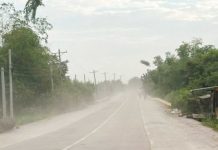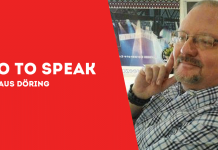
THE RECENT arrest of a 26-year-old waiter in a drug buy-bust operation in Kalibo, Aklan casts a disconcerting spotlight on the burgeoning illegal drug problem in Boracay Island. His apprehension not only underscores the ongoing battle against drug trafficking and use but also illuminates the broader societal and governance challenges facing this tourist hotspot.
Boracay, celebrated for its pristine beaches and vibrant nightlife, is grappling with a darker reality. The infiltration of illegal drugs like shabu (methamphetamine) threatens not just the health and safety of its residents but also the island’s reputation as a serene holiday destination. The waiter, alias “Boss”, was reportedly a pivotal figure in the local drug scene, with a network of runners distributing narcotics across the island. His arrest, though a commendable feat by the Aklan Provincial Drug Enforcement Unit (PDEU) and the Kalibo municipal police, is but a small victory in a much larger war.
The case raises critical questions about the effectiveness of our current strategies in combating drug proliferation. While law enforcement agencies are working tirelessly, their efforts can be likened to treating symptoms rather than curing the disease. There is an urgent need for a holistic approach that involves not only stringent law enforcement but also robust community engagement, preventive education, and rehabilitation programs.
Moreover, this incident exposes the vulnerability of our youth and the economically disadvantaged to the lures of the drug trade. The waiter’s involvement in drugs might reflect the socioeconomic pressures faced by those in low-wage jobs, especially in areas heavily reliant on tourism, which can be seasonal and unstable.
The government, along with local communities, must work together to create more sustainable economic opportunities that do not leave our youth susceptible to the dangerous allure of the drug trade. Initiatives like vocational training programs, educational scholarships, and community-based rehabilitation centers can provide viable alternatives and support for those at risk.
In addition, there’s a critical need for a more profound collaboration between local authorities, tourism stakeholders, and community leaders. Ensuring that Boracay remains a safe and drug-free destination is not only in the interest of its residents but also vital for sustaining its tourism industry.
The fight against illegal drugs in Boracay Island requires more than sporadic police operations; it demands a united and sustained effort from all sectors of society. It is a fight that we cannot afford to lose, for the sake of our youth, our communities, and the future of Boracay.







